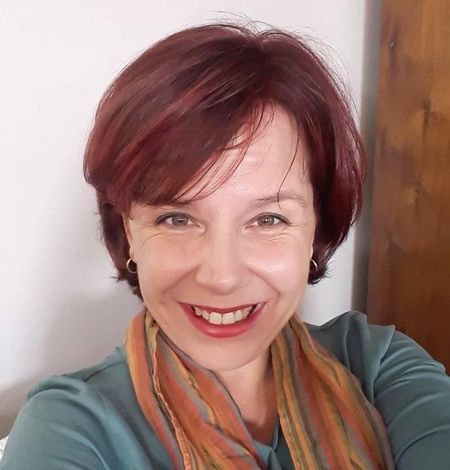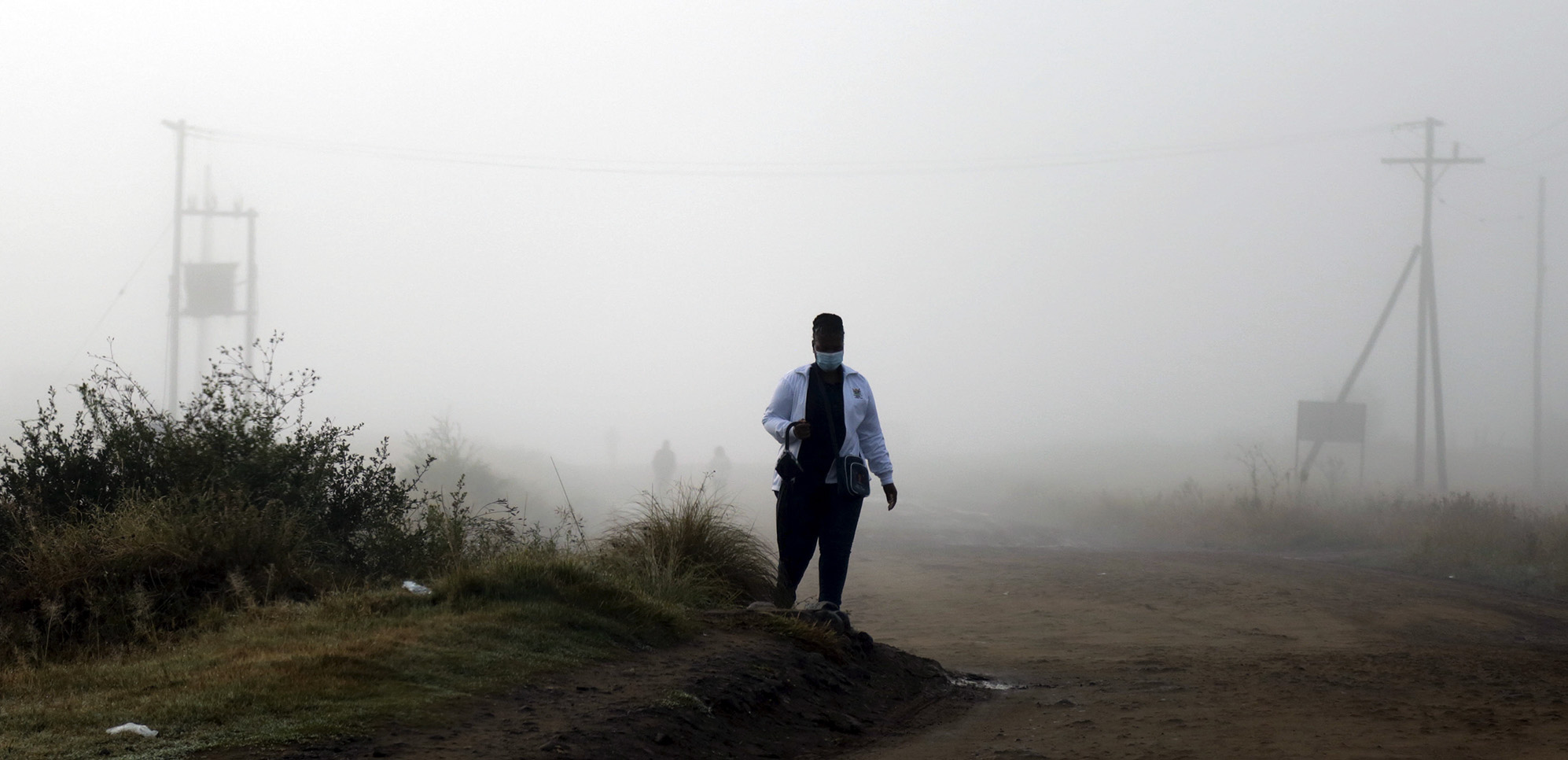Dear Minister Mkhize,
A few months ago you left the Eastern Cape, perhaps troubled that things were not going exactly as planned, but with some hope, judging by your public comments.
I think you should return. Without trying to be dramatic, I need to tell you that we now find ourselves at breaking point.
You see it in the eyes of the remaining doctors and nurses.
As a doctor yourself, you know what it sounds like when family members cry over a deceased loved one. It is a sound that is now familiar in the passages of our province’s hospitals but not for the familiar reasons of death, trauma and terminal illness.
Many times over and over in our hospitals, doctors and nurses must tell parents: We are sorry. There was no space in the intensive care unit. We couldn’t operate because the unions are keeping the anaesthetist out of the hospital. After two years of waiting, your child will die because we cannot operate anymore. We have no space for your newborn in the ICU. There are no nurses to open the maternity ward so you must have your baby on a chair. It has become too dangerous for young cancer patients to be admitted because their ward has become infested with antibiotic-resistant bacteria.
The system is breaking the health workers, Minister. You can see it in their eyes. If you ever wondered what emotion it is that comes after anger and despair, I can tell you that it is a sort of malignant resignation – and acceptance that the system has won.
They have medico-legal lawsuits stacked against them and when they ask for more staff, they get flown to Bhisho where they are told that their case notes are deficient. Their attempts at resuscitation are interrupted because the clerk only pitched up for work twice a week and did not order the right equipment.
They know there is no money. There was money for luminous jackets proudly sporting the words “Covid Response” as if it was an accident on the highway, but a highly qualified neurosurgeon leaves after three years of working 24/7 because he has had zero assistance. Vehicles for the field hospital sported fancy Covid branding before the oxygen lines were opened. There was money for medical scooters ordered in the middle of a pandemic without anyone to drive them, but there is no money to deep clean a hospital ward full of ill children.
Time and time again doctors, nursing managers and the heads of department are told that there is no money for clinical personnel.
In July 2020, before the unspeakable horror of the second wave of Covid-19 infections hit the Eastern Cape, you said:
“You take over when you get to a point where there’s a whole breakdown of management, there’s reluctance to follow directions and instructions, there’s an internal inability for people to be co-operative.”
Let us tell you about the cost containment committee, Minister. This seemingly impenetrable fortress of bureaucracy is probably the most unsuccessful committee in the country to date given that the current debt of the department has ballooned to R4-billion in unpaid bills.
But they have been spectacularly effective at frustrating the appointment of clinical personnel.
While they most often rely on a strategy of not communicating at all, this is what we have found their modus operandi to be: What they would do is delay taking a decision on clinical posts – for months and when the end of the financial year strikes they would tell those who have been desperately harassing them that the post has become unfunded as “it wasn’t used”.
While a lot of hope has been placed on the shoulders of Dr Sibongile Zungu who is the acting head of the department, her position too has not been made permanent.
When does the right to healthcare become an empty promise, minister?
Is it when 66% of patients at a rural hospital die of Covid-19 related illnesses because help doesn’t come in time? Or was it when you discovered they were lying about the true death rate in the province – what doesn’t get reported can’t hurt anyone, right?
During the second wave, when you visited our province, Covid-19 wards were cleaned and presented to you as if they were operational. But they were not. One did not even have oxygen or buckets for cleaning. The other had no phones.
Premier Oscar Mabuyane defended the wrecking ball that was Health MEC Sindiswa Gomba to the end, saying she did her best – and while this probably is best practice in South African politics it has done nothing to protect the right to healthcare. After two years in the saddle of this lame horse, she could not even sign off a staff organogram that took the preceding decade to draw up.
There is a resignation that has set in under the people of the province, that having to deal with the Department of Health has become yet another burden on lives already burdened by poverty, extreme levels of unemployment and crime. The year 2020 added Covid-19 and its brutal death toll to the list. It has pushed a health system teetering on the edge over the cliff.
Primary healthcare has become a battlefield with pensioners describing their battle to get their chronic medicine as the “survival of the fittest”. Often the cost of transport is the cost of healthcare – and that is not free.
In Motherwell, outside Gqeberha, people in their 70s and 80s have to walk many kilometres to access clinics. Mobile clinics are operating without water and electricity – with no stock of antiretrovirals and TB medicine, and with patients having to relieve themselves in the veld or ask residents in nearby homes to use their toilets. When patients line up and wait in vain for a doctor to arrive, they are told that they must try again on another day or write a letter to put in the suggestions box. Patients at district hospitals often don’t get food.
Another patient was recently sexually assaulted by a nurse. A woman who had a stillborn had to walk to the clinic with her dead baby in her arms after she did not access the right treatment at her local clinic. This was as recent as last week. Imagine that, Dr Mkhize, try to imagine what this woman felt, walking her baby’s corpse in her arms.
When will the government say enough is enough?
Emergency medical services remain in crisis. Many hospitals have lost their managers after run-ins with the unions.
At maternity units, exhausted doctors are presented with A4 handwritten lists of more than 20 Caesarean sections that must be done “immediately” because they are life-threatening, but in theatre they have no proper gowns and not a pair of surgical scissors that works. They have to run the theatre for 24 hours a day and due to a shortage of porters, the few specialists left now also fetch and return their own patients. Nurses must cut open the sleeves of the gowns because they would otherwise not be usable. The ultrasound machine at one of the tertiary units can at best be described as “temperamental”. Babies born with heart defects can’t get echocardiograms (ultrasounds of the heart) because there is nobody to do them.
As an act of desperation and with dire staff shortages, as fatally high as 60% in some units, heads of tertiary units in Nelson Mandela Bay were forced to refuse taking in medical students due to start their rotation at the end of the month. They simply cannot risk trying to train young doctors under these circumstances. Surely that will trigger some form of intervention? Nobody has even answered the doctors’ letter explaining why they had to take this painful decision.
The drainage system at Port Elizabeth/Gqeberha’s Provincial Hospital has become infested with superbugs and there is nothing anybody can do as the head office in Bhisho has refused to replace it for the past 10 years.
Now we are stuck in another year of “give the new MEC a chance” in a department that has successfully resisted many starry-eyed politicians, hardened bureaucrats and passionate non-government organisations.
When will you intervene? Will it be when someone finally realises that a lot is going wrong in a province that has to pay R920-million in medico-legal claims in a single year? Or will it be when the medical waste company finally refuses to collect medical waste due to non-payment, creating a public hazard? Will it be when you see the open bags of hazardous medical waste lying on the grounds of a hospital? (We have added a picture to this editorial in case that will help).
/file/dailymaverick/wp-content/uploads/MC-ECHealth-Editorial_1.jpg)
Will it be when someone realises that a situation where a R40-million claim for contract fraud escalates to more than R100-million because the department dragged its feet?
At Matubeni Clinic in Ntabankulu a part of the roof blew off months ago. It was never fixed. Nurses walk through water to get to their patients. They have no electricity.
An elderly woman, Novumile Siganga, who was admitted to this clinic on 14 October 2020, described the situation as “ungodly”.
“I was sleeping in that bed, nurses were using cellphones to check the drip, this situation is stressful, there is no electricity.”
When MEC Gomba didn’t answer an email about this clinic, surely then it is time to come and help the Eastern Cape?
Or maybe it will be when you visit again and you see desperate doctors and nurses praying for protection over their patients – in a dirty ward because there are not enough general assistants and because there is nothing more to be done.
Maybe then, Minister Mkhize, those desperate prayers from a place beyond despair is what it will take for you to come to the people of the Eastern Cape. If that is what it will take: The time is now. DM/MC
Estelle Ellis is a senior reporter at Maverick Citizen. She works from the Eastern Cape.





 A health worker walks to work on Sunday in Sterkspruit, Joe Gqabi municipality. Eastern Cape hospitals have been neglected and are going past the point of breakdown. (Photo: Felix Dlangamandla / Daily Maverick)
A health worker walks to work on Sunday in Sterkspruit, Joe Gqabi municipality. Eastern Cape hospitals have been neglected and are going past the point of breakdown. (Photo: Felix Dlangamandla / Daily Maverick)